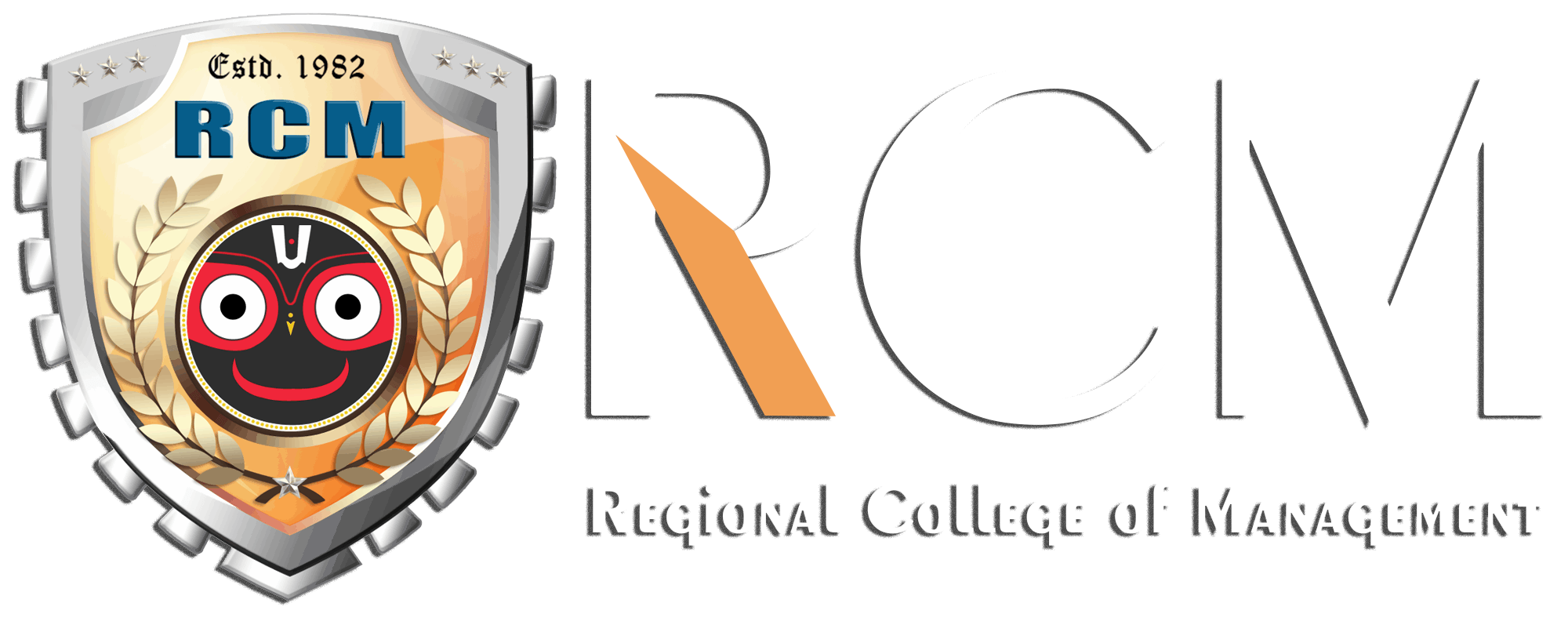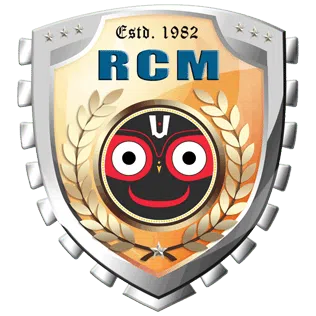Activities the executives is the foundation of powerful operations management and business operations, guaranteeing that each interaction works proficiently. It includes carrying out key principles like process optimization, asset designation, lean management, and nonstop improvement. Besides, productive tasks operations workflows and supply chain the executives assume a critical part in molding operational strategies. How about we investigate how these key principles add to business operations achievement.
1. Operations Management Process Streamlining
Process optimization is a basic part of operations management and tasks the board. By breaking down activities operations workflows, organizations recognize failures and execute answers for upgrade execution. Successful cycle improvement lessens squander, increments proficiency, and lines up with operational strategies. Organizations that focus on process optimization can more readily deal with their supply chain, guaranteeing smooth business operations. Continuous improvement is in many cases a consequence of supported process optimization endeavors in operations workflows.
2. Asset Designation in Operations Management
Resource allocation is a major standard of operations management and tasks the executives. Appropriate assignment guarantees that activities operations workflows run consistently, supporting generally business operations. Vital asset allotment is essential for accomplishing process optimization and supporting lean management rehearses. By zeroing in on resource allocation, associations can guarantee supply chain effectiveness and line up with their operational strategies. Continuous improvement frequently relies upon streamlining resource allocation to satisfy advancing needs in business operations.
3. Lean Operations Administration
Lean management is a rule that spotlights on lessening waste and boosting esteem across business operations. It stresses smoothed out activities operations workflows, guaranteeing that each activity adds esteem. By coordinating lean management, organizations accomplish process optimization and compelling resource allocation. Lean management likewise upgrades supply chain tasks, lining up with operational strategies and supporting continuous improvement. This guideline is fundamental for keeping up with proficient operations management in a serious market.
4. Production network The board
The supply chain the board is crucial for consistent business operations. It includes enhancing each part of the supply chain to guarantee convenient conveyance and effective resource allocation. Tasks the board assumes an essential part in smoothing out supply chain exercises through process optimization and lean management. Solid supply chain the board rehearses line up with key principles and operational strategies while contributing to continuous improvement. Compelling tasks operations workflows depend vigorously on an improved supply chain.
5. Functional Procedures of Operations Management
Operational strategies give a structure to carrying out key principles of operations management. These systems center around process optimization, resource allocation, and supply chain the board. Lean management and continuous improvement are fundamental to successful operational strategies, guaranteeing that tasks operations workflows stay effective and versatile. Organizations that plan strong operational strategies can upgrade their business operations, support development, and stay serious in operations management.
6. Ceaseless Improvement
Continuous improvement is a unique standard in operations management, driving development and flexibility. It includes consistently refining tasks operations workflows to upgrade process optimization and resource allocation. Continuous improvement upholds lean management endeavors, guaranteeing that business operations advance with market requests. By zeroing in on continuous improvement, associations can further develop their supply chain the board and operational strategies. Powerful continuous improvement guarantees long haul progress in operations management.
Coordinating the Standards of Activities The executives
To succeed in operations management, organizations should coordinate these key principles:
- Operations Process Optimization: Routinely refine operations workflows to augment proficiency.
- Resource Allocation: Decisively convey assets for ideal execution.
- Lean Management: Spotlight on diminishing waste and upgrading esteem creation.
- Supply Chain: Smooth out supply chain processes for consistent tasks.
- Operational Strategies: Foster complete plans lined up with business operations objectives.
- Continuous Improvement: Encourage advancement and flexibility to support development.
End
Activities the executives depends on key principles, including process optimization, resource allocation, lean management, supply chain the board, operational strategies, and continuous improvement. By adjusting tasks operations workflows to these key principles, organizations can upgrade their business operations and accomplish practical development. Embracing these procedures guarantees that each part of operations management adds to long-haul achievement.




















